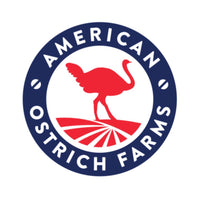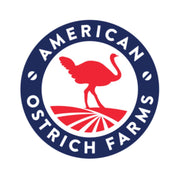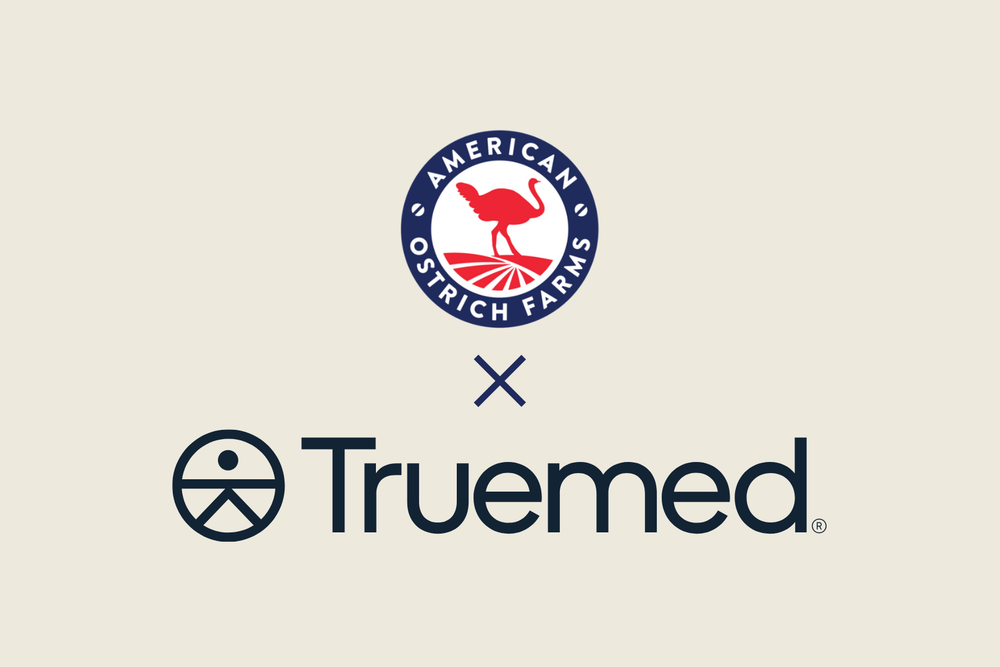As the global community continues to grapple with the pressing issue of climate change, countries are increasingly looking towards innovative and impactful measures to reduce their carbon footprints. Among these nations, Denmark has emerged as a pioneer with its proposed carbon emissions tax on livestock producers. This first-of-its-kind move aims to mitigate the environmental impact of livestock farming, a significant contributor to greenhouse gas emissions. This article delves into the multifaceted implications of this policy, examining its potential effects on ranchers, average consumers, and the broader meat industry. We also explore the possible retail price increases and how this tax might create new opportunities for niche meat products such as ostrich, elk, and bison, which have historically been overshadowed by heavily subsidized beef and pork industries.
THE RATIONALE BEHIND THE CARBON EMISSIONS TAX
Denmark's proposed carbon emissions tax is grounded in a clear and urgent objective: to reduce the country's greenhouse gas emissions in alignment with its ambitious climate targets. Livestock farming is known to be a significant source of methane, a potent greenhouse gas that contributes to global warming. By imposing a tax on emissions, the Danish government aims to incentivize more sustainable farming practices, encourage innovation in the sector, and ultimately reduce the environmental footprint of meat production.
IMPACT ON RANCHERS
For ranchers, the introduction of a carbon emissions tax represents both a challenge and an opportunity. On the one hand, the tax will undoubtedly increase operational costs for livestock producers, particularly those who have not yet adopted sustainable practices. This could pose financial difficulties for small-scale ranchers who may lack the resources to invest in necessary technological upgrades or more sustainable farming methods.
However, the policy also presents an opportunity for forward-thinking ranchers to differentiate themselves in an increasingly eco-conscious market. Those who can adapt to the new regulations and reduce their emissions will not only avoid the full tax burden, but may also benefit from a growing demand for sustainably produced meat. Moreover, government incentives and subsidies for sustainable practices could help mitigate the financial burden and support ranchers in their transition.
IMPACT ON CONSUMERS
For average consumers, the carbon emissions tax is likely to result in higher retail prices for meat products. As ranchers pass on the increased costs associated with the tax to consumers, the price of beef, pork, and other conventional meats will rise. This price increase could lead to a shift in consumer behavior, with more people opting for alternative protein sources or reducing their meat consumption altogether.
However, the impact on consumers will vary depending on their income levels and dietary preferences. While some may absorb the higher costs, others may seek more affordable options, potentially leading to a greater market share for plant-based proteins and niche meat products. Additionally, increased awareness of the environmental impact of meat production could drive more consumers to prioritize sustainability in their purchasing decisions.
IMPACT ON THE INDUSTRY

The broader meat industry will experience significant changes as a result of the carbon emissions tax. Major players in the beef and pork sectors, which have historically benefited from substantial subsidies, will face new financial pressures. Without additional governmental subsidies, these industries will need to invest in sustainable practices and technologies to reduce their emissions and remain competitive in the market.
At the same time, the tax could level the playing field for niche meat products such as ostrich, elk, and bison. These meats, which have not enjoyed the same level of subsidies as beef and pork, have often been more expensive and less accessible to consumers. However, as the retail prices of conventional meats rise due to the carbon tax, niche meats may become more competitively priced. This shift could encourage consumers to explore these alternative options, which generally have a lower environmental impact compared to traditional livestock farming.
PROBABLE PRICE INCREASES
The introduction of the carbon emissions tax will inevitably lead to retail price increases for meat products. For beef and lamb, which are significant sources of methane emissions, the price hikes could be substantial. The exact magnitude of these increases will depend on several factors, including the specific rate of the tax, the efficiency of individual producers in reducing their emissions, and the overall response of the market. Livestock operations that produce the least amount of emissions will see relatively smaller price increases, as these producers won’t need to make extensive (read: expensive) modifications to their operations to avoid hefty tax penalties. This could make them more attractive to consumers looking for sustainable and cost-effective alternatives.
LEVELING THE PLAYING FIELD FOR NICHE MEAT PRODUCTS
CONCLUSION
Denmark's proposed carbon emissions tax on livestock producers represents a bold step towards addressing the environmental impact of meat production. While the policy poses challenges for ranchers and is likely to result in higher retail prices for consumers, it also offers significant opportunities. Ranchers who can adapt to the new regulations and reduce their emissions will be well-positioned in a market that increasingly values sustainability. For consumers, the tax may encourage more eco-conscious purchasing decisions and a greater exploration of alternative protein sources.
Most notably, the carbon emissions tax has the potential to level the playing field for niche meat products like ostrich, elk, and bison. By making these sustainable alternatives more competitively priced, Denmark's policy could drive a shift towards more environmentally friendly meat consumption. As the world continues to seek solutions to the climate crisis, Denmark's innovative approach will likely serve as a model for other nations, further accelerating the impacts to the meat industry that have been discussed here.
References:
"Denmark's Proposed Tax on Flatulent Livestock." U.S. News & World Report, 26 June 2024.






